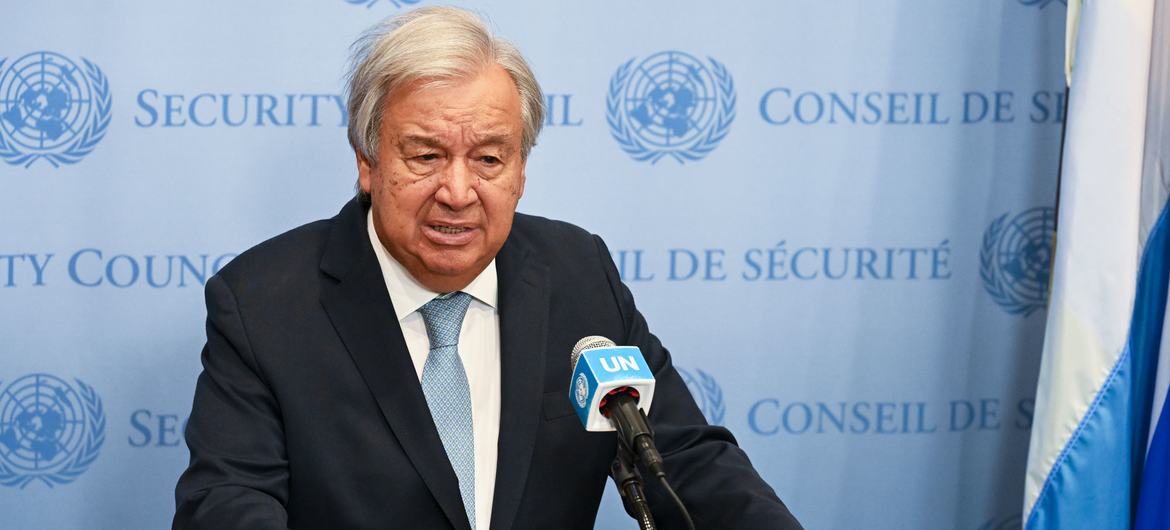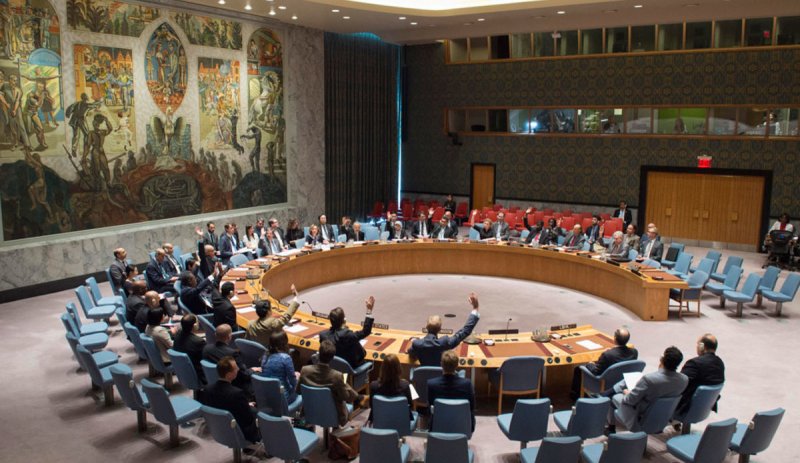How Ruto dug himself into tricky hole barely two years into his presidency
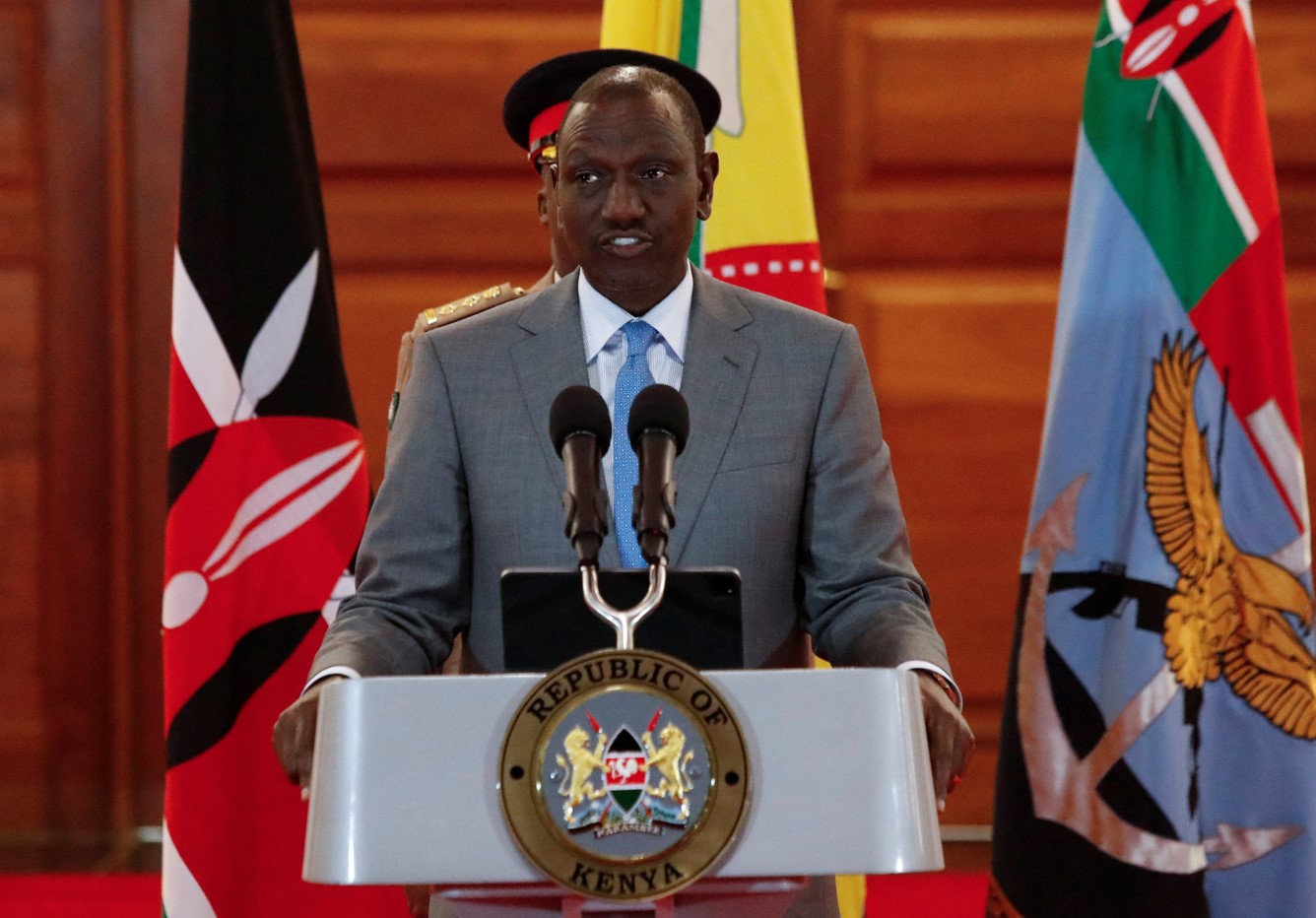
Tax hikes that led to the unprecedented youth-led protests were just a trigger for many to vent their anger against a wasteful government.
Though Kenya has long been viewed as a beacon of stability and prosperity in East Africa, recent events have shattered this perception.
On June 25, anti-tax riots in Nairobi reached a deadly crescendo as protesters overwhelmed police forces, stormed Parliament, set parts of the building on fire, and stole the mace, forcing terrified MPs to flee. The security forces responded with live fire, resulting in the deaths of at least 23 people.
More To Read
- Gen Z protests in Kenya: Key facts (2024-2025)
- UN human rights experts visit Kenya privately amid concerns over crackdowns, civic freedoms
- Kigame seeks court nod for private prosecutions over 2024–2025 protest abuses
- Ruto defends ‘shoot-to-leg’ order amid outcry, cites public safety
- Police to deploy senior investigators as Rex Masai inquest uncovers new witnesses
- Morocco charges 2,480 in Gen-Z protests over poor governance, health and education
The nation now finds itself in uncharted territory. Protests erupted not only in the capital but also in at least 34 of Kenya’s 47 counties, including in the Rift region, the home of President William Ruto.
The most pertinent rupture with the past, however, is the nature of the protest movement itself, which has the whiff of revolution. These protests are the first in Kenya with more of a class tinge than an ethnic one.
The movement behind them has been driven by youngsters who wear their Gen Z identity with pride and who have spread their message through TikTok videos and social-media memes. “We are not our parents,” many say.
Ostensibly leaderless, they have distanced themselves from all politicians. “The protests aren’t being led or directed by political leaders” They have made that clear so many times on social platforms.
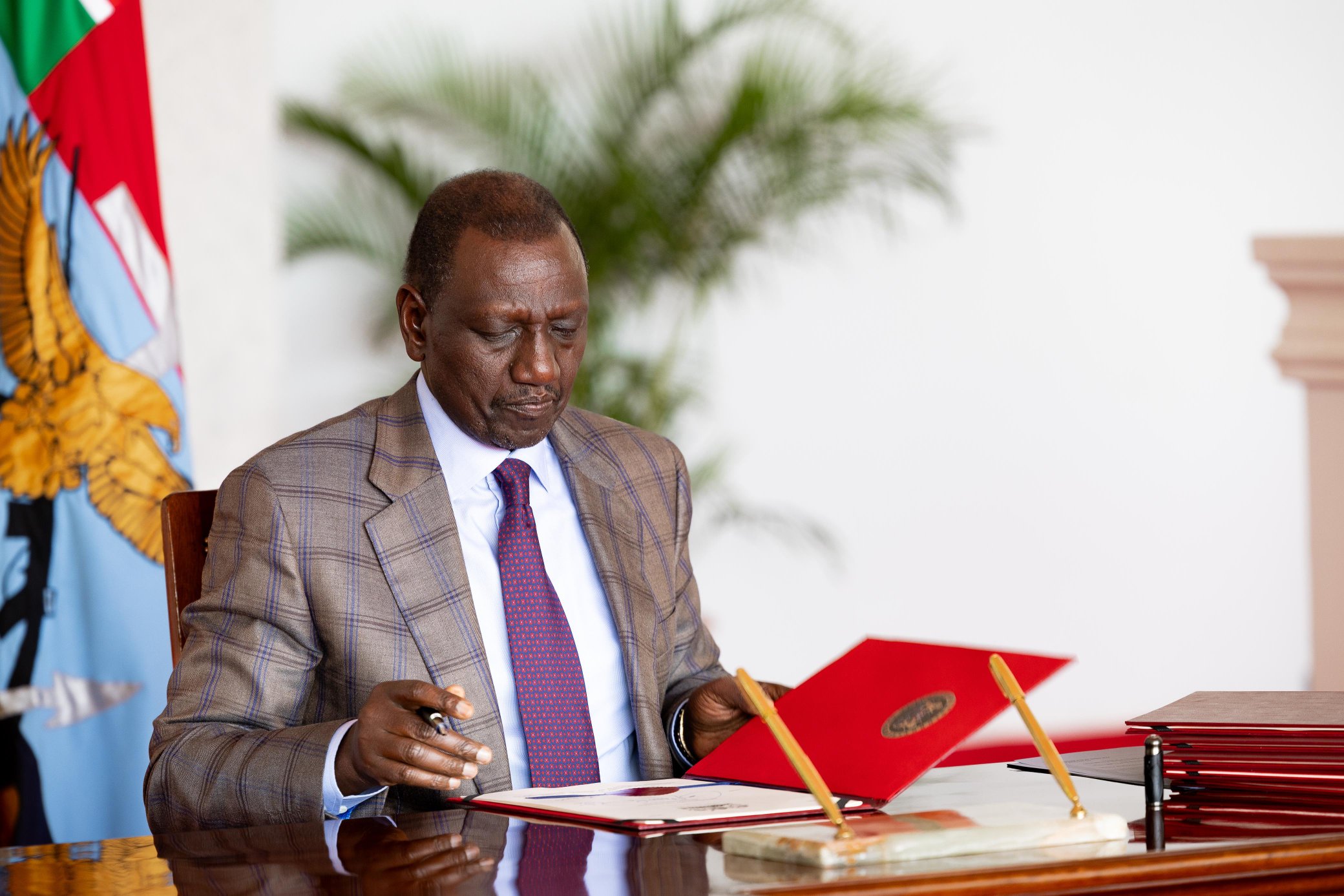 President William Ruto at the State House in Nairobi on June 28, 2024. (Photo: PCS)
President William Ruto at the State House in Nairobi on June 28, 2024. (Photo: PCS)
“Occupy Parliament”, “Reject Finance Bill 2024”, and “Kenya is not IMF’s lab rat”, have been part of the rallying call of Kenya’s young and disgruntled citizens, both in the streets of Kenya and across social media platforms.
Military deployment
The first time our National Assembly was breached and desecrated, and the military deployed in the city since the 1982 attempted coup, the government’s tone deafness to the growing public ire was shocking, and their response to the crisis was embarrassingly wanting.
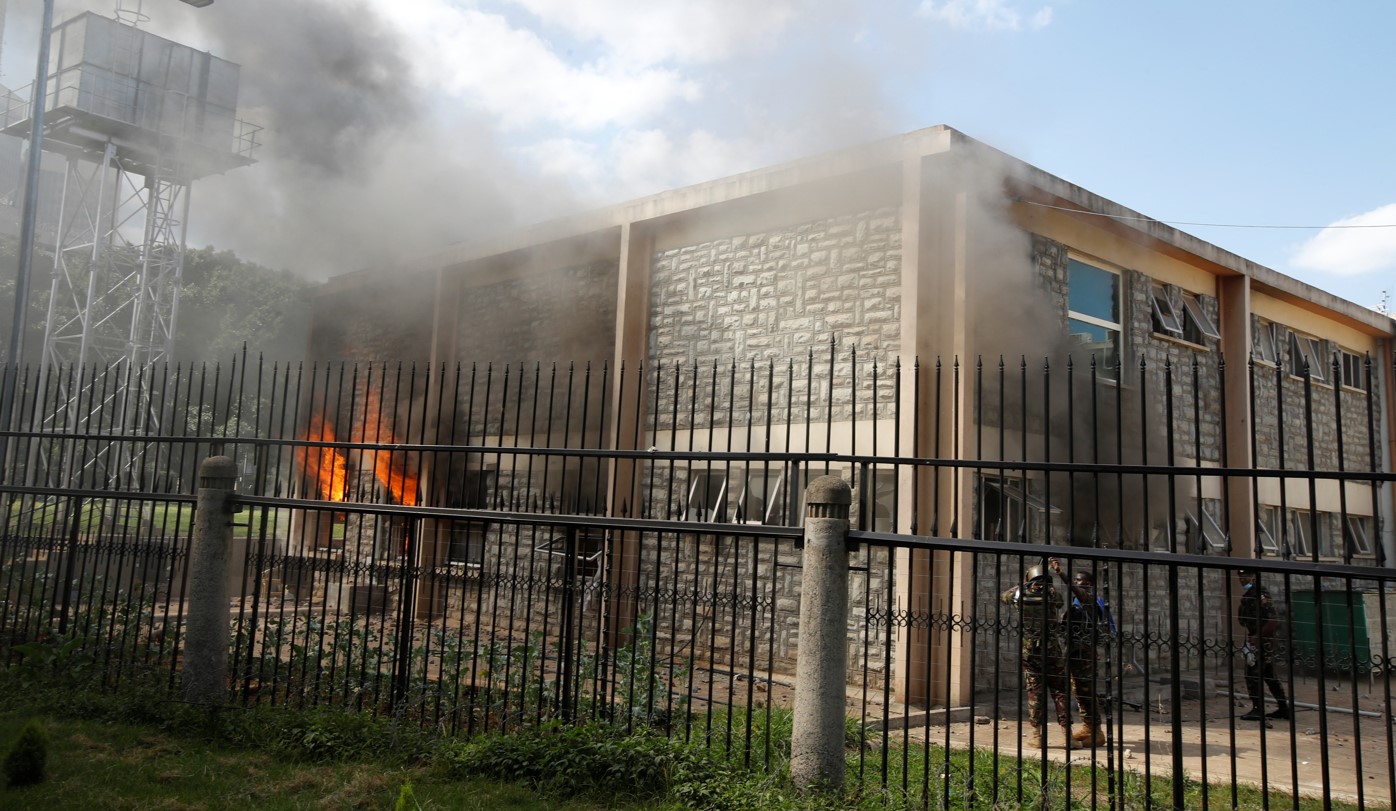 Flames rise at the Parliament buildings on the day of a demonstration against Kenya's proposed Finance Bill 2024/2025 in Nairob, on June 25, 2024. (Photo: REUTERS/Monicah Mwangi)
Flames rise at the Parliament buildings on the day of a demonstration against Kenya's proposed Finance Bill 2024/2025 in Nairob, on June 25, 2024. (Photo: REUTERS/Monicah Mwangi)
A visibly shaken President William Ruto addressed the nation on Wednesday, June 25 evening, conceding defeat to the demands to reject the Finance Bill 2024 in its entirety.
“The people have spoken,” he said, adding that he would seek “engagement with the young people of our nation”.
Deputy President Rigathi Gachagua issued a press statement from Mombasa, an hour after the president’s speech, where he threw under the bus the highest organ of gathering intelligence for the government, openly crucifying the Director General of the National Intelligence Service, which was the lowest Kenya has sunk as a country in our living memory.
The president’s Wednesday speech, whereas off-key, was a better upgrade of the previous night’s pre-bedtime scolding, where he had adopted a firm, almost threatening posture towards protesters. He had accused “treasonous” individuals of attempting “to undermine security and stability”.
Other Topics To Read
With over 30 people dead, more than 200 injured, property worth millions looted or burnt, the fortnight of protests has been the bloodiest, prompting quick and unconstitutional calls for military intervention.
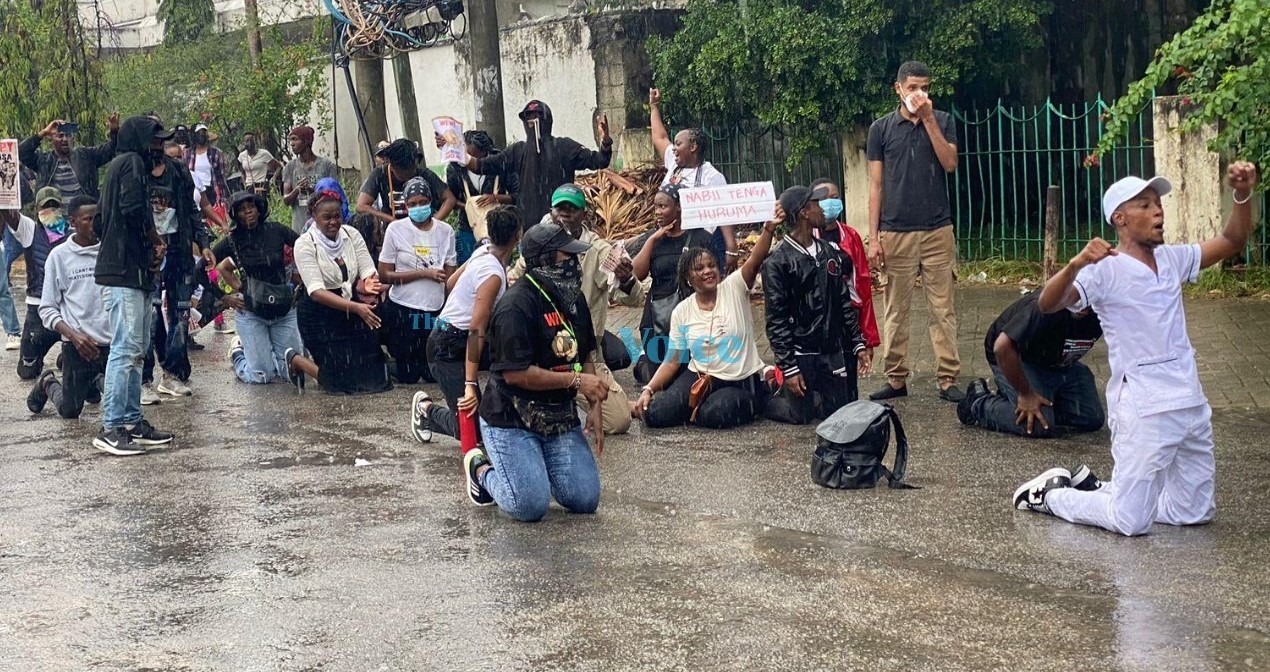 Mombasa County residents take part in 'Occupy Parliament' protests, against the Finance Bill on June 19, 2024. (Photo: Farhiya Hussein/EV)
Mombasa County residents take part in 'Occupy Parliament' protests, against the Finance Bill on June 19, 2024. (Photo: Farhiya Hussein/EV)
But how did we as a country end up here? The tax hikes were a useful trigger for many to vent their anger against a government that had little room for error when they were elected to power less than two years ago.
William Ruto won the presidency with a razor-thin margin of 200,000 votes in an election where eight million people absconded.
Throughout his election campaign, Ruto spoke of his impoverished childhood, and how he rose from peasant to president. He captured the hearts of Kenya’s young electorate. But he has failed to uplift young Kenyans. Less than two years later, young Kenyans are rising up against Ruto.
He inherited a shaky economy mired in debt and barely recovering from the Covid-19 pandemic, made worse by the high unemployment rate, where more than half of those who have graduated in the last 10 years are jobless.
And those employed are underpaid, underemployed, or on short-term contracts. In 10 years, inflation has doubled or tripled, the cost of living has proved unbearable, and many factories have shut down or relocated because of the high taxes, high electricity costs, or the corruption that has repelled many investors.
Angry youth
With such an environment, coupled with a highly literate millennial and Gen Z demographic who make up more than half the country's population, the government has no room for error in assuaging the angst of the youth while offering practical reprieve to their needs.
 Anti-Finance Bill protestors kneel amid a crowd of teargas in the Nairobi CBD on June 25, 2024. (Photo: Hafsa Hassan)
Anti-Finance Bill protestors kneel amid a crowd of teargas in the Nairobi CBD on June 25, 2024. (Photo: Hafsa Hassan)
However, in the 21 months they have been in power, there is little to show for the debt accumulated in the same period. There is so much big talk but little, relatable action on the ground. The situation has not been helped by the president's penchant to make wild promises that have increasingly begun to sound like insults.
His deputy, who should be a symbol of national unity, is fixated on Mt Kenya politics. Nine out of 10 times, he speaks about Mt Kenya, claiming that their government is by shareholding depending on how people vote. So infatuated is the deputy president with his political backyard that the president and members of Kenya Kwanza have had to call him out.
The president's Cabinet has failed to inspire any form of respect from the public, and many Kenyans largely see them as incompetent, numb, or overwhelmed.
The politicians the president has appointed to do his bidding in public are arrogant, completely detached from the public, given to sycophancy to the president, self-aggrandisement, and spending more time chasing deals than legislation.
They have become public enemy No. 1 because they have failed to listen to the cries of the people and be candid with the president on how far they can push people. The president's economic advisor, David Ndii, has upped the ante online by being coarse, crude, and vulgar in a way that has disappointed those young enough to be his children.
The situation is made worse by their ostentatious display of their wealth, be it their state-of-the-art vehicles, night clubs, expensive watches, shoes, belts, and other vulgar displays of wealth that cannot be accounted for. They are the worst bunch of nouveau riche social climbers.
Such wastefulness amid tax hikes on basic commodities such as sanitary pads, bread, and eco-levies that will raise the cost of imported products angered the public. The scrutiny of the tabled bill indicated expenses such as the office of the First and Second Lady, confidential budgets in the offices of the president and deputy president, and budgeted corruption that inflates our national budget to unsustainable levels.
The president stepped back from the bill, albeit too little too late. Human lives, including that of a young autistic boy, were lost, and hundreds were injured, as property worth millions was looted and he is not out of the woods yet.
His reputation and that of his government are permanently damaged, and it will take a miracle to win back the public good and legitimacy in the eyes of the people. He is a masterful and tactful politician and it will be interesting to see how he navigates the coming months, with millennials and Gen Z demanding better.
Top Stories Today


